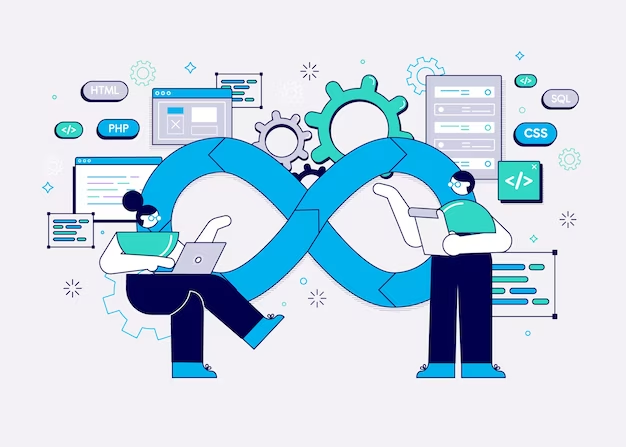
DevOps is a set of practices that combines software development (Dev) and information-technology operations and coordination(Picture courtesy: Wikipedia). Today, in the age of internet and software superpower giants, DevOps has become an essential practice to build excellence in delivering high-quality software faster than ever. Monkshala’s DevOps curriculum offers in-depth training in all the concepts, tools and practices required to align development with operations for continuous integration / deployment (CI/CD) at a quicker pace.
You could be a developer or even an IT professional / System admin, this is the perfect course will have you mastering DevOps and other high performance in dynamic environments.
You will gain practical experience through real-world projects, including:
Monkshala’s DevOps course is designed to provide hands-on, practical knowledge that goes beyond theory. Our expert trainers bring industry experience to the classroom, ensuring you get exposure to real-world challenges and best practices. Whether you’re new to DevOps or looking to sharpen your skills, this course offers everything you need to master the tools and techniques used by top-performing teams.
Accelerate your IT career with DevOps!

C-254, South Bopal Center, Bopal, Ambli road, Ahmedabad, India.
655 Tamarack Road, North West, Edmonton, Alberta, Canada.